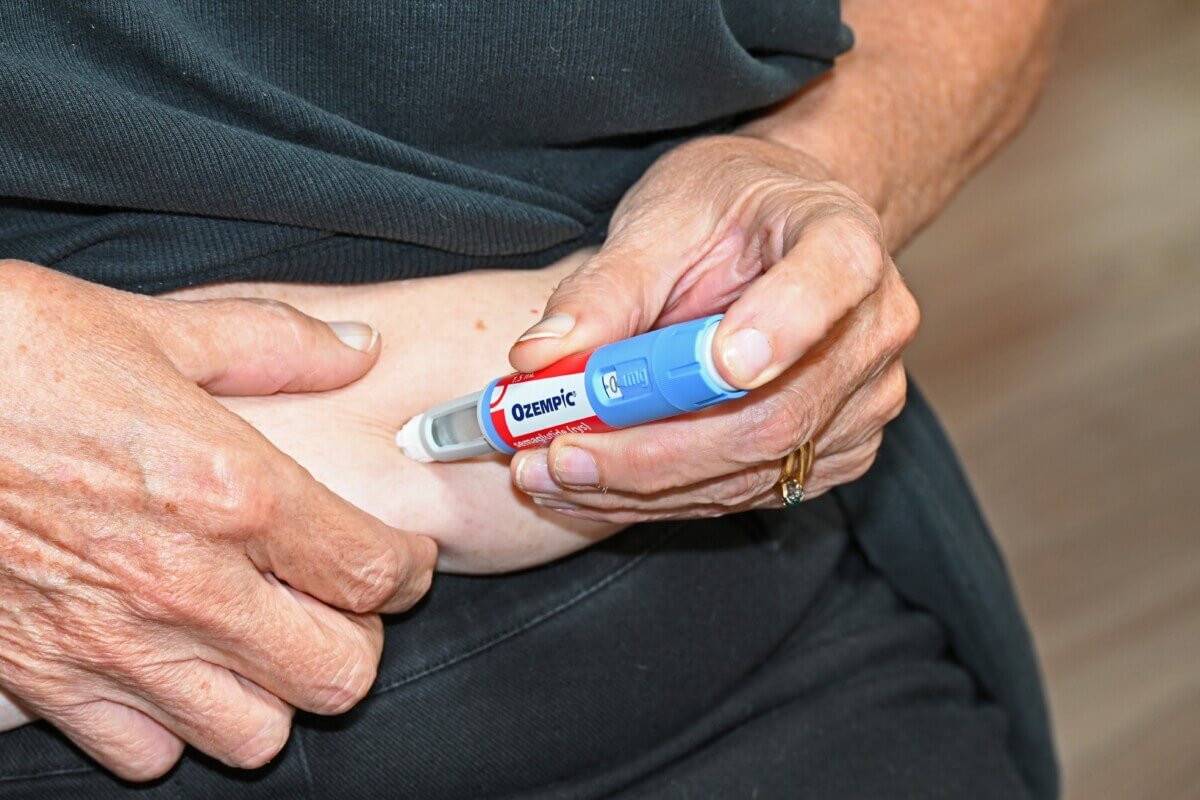Type 2 diabetes is a long-term health condition that affects how the body regulates blood glucose. Many people living with diabetes experience changes in energy, mood, sleep, mobility, and participation in everyday activities. While every person’s situation is unique, support from allied health professionals can help people understand their condition and make informed decisions about lifestyle, exercise, and self-management strategies.
At WA Health Group, our Physiotherapists, Exercise Physiologists, and Occupational Therapists work with individuals at different stages of their diabetes journey. Our role is to provide guidance, education, and structured activity plans that align with each person’s goals and medical advice.

Starting with the basics
Type 2 diabetes typically develops gradually. Factors such as family history, age, lifestyle, and metabolic health may contribute to its onset.
Common signs may include:
-
Changes in energy or fatigue
-
Increased thirst
-
Frequent urination
-
Slower recovery following activity
-
Changes in mood or concentration
Diagnosis and medical management are led by a GP or specialist. Allied health support can complement this medical care.
The small steps that made the biggest difference
Living with diabetes often involves adjusting daily routines. Evidence-based support from allied health may include:
Exercise Physiologists can assist with safe and structured physical activity programs tailored to your fitness level, functional capacity, and goals. Physical activity is widely recognised as an important component of diabetes management, contributing to cardiovascular fitness, muscle strength, and general wellbeing.
Physiotherapists can help address musculoskeletal concerns that may influence movement or activity levels. This may include joint stiffness, muscle discomfort, balance concerns, or recovery following periods of reduced activity.
Dietitian Support
Our Dietitians provide guidance to help you understand how food choices can support your health when living with Type 2 diabetes. They work with you to explore your current eating habits, discuss practical nutrition strategies, and develop a plan that aligns with your lifestyle, preferences, and cultural needs.
Lifestyle Factors That Support Diabetes Management
Many people find it helpful to focus on small, sustainable adjustments. These may include:
-
Building regular physical activity into daily routines
-
Developing structured exercise plans
-
Understanding how sleep and stress can affect energy levels
-
Planning activities to balance effort and rest
-
Working with your healthcare team to monitor changes over time
These strategies are guided by your individual goals and medical advice.
Working With Your Healthcare Team
Managing diabetes is most effective when guided by a coordinated healthcare team. Your GP remains your primary point of contact for diagnosis, medication, and ongoing monitoring. Allied health professionals contribute additional support with movement, function, and daily activity planning.
If you have recently been diagnosed, or if you are reviewing your current management approach, our team can provide information about how allied health may fit into your overall plan.
How We Can Help
At WA Health Group, we take a personalised and collaborative approach. Our clinicians:
-
Listen to your goals, challenges, and priorities
-
Provide education to support informed decision-making
-
Develop exercise and activity plans suited to your abilities
-
Monitor progress and adjust programs where appropriate
-
Work in collaboration with your GP and other treating health providers
You’re welcome to contact our clinic if you would like to learn more about how allied health can support your diabetes management.




